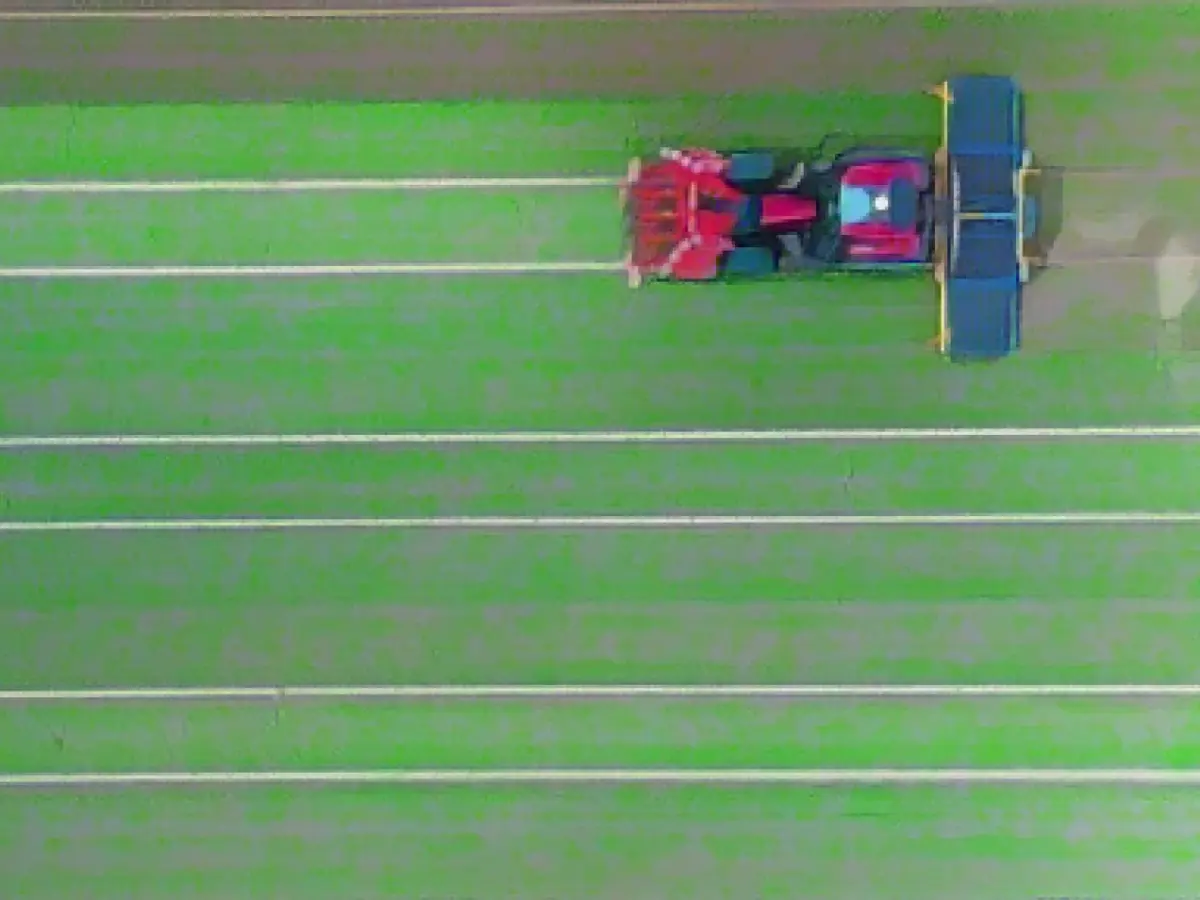Costs - State farmers' association against abolition of agricultural diesel aid
The Brandenburg State Farmers' Association (LBV) has criticized a possible cancellation of aid for agricultural diesel in the 2024 federal budget as an "unacceptable setback". "The effects for the entire rural area would be catastrophic," LBV President Henrik Wendorff told RBB on Wednesday evening, according to a statement from the association.
"Higher costs in primary production will inevitably be passed on to the downstream areas of storage, logistics, distribution and processing." Food threatened to become more expensive, it continued. "Organic farming in particular, with a high proportion of land in Brandenburg, would be disproportionately affected due to the greater need for mechanical tillage."
Four weeks after the historic budget ruling by the Federal Constitutional Court, the traffic light coalition agreed on how to close the billion-euro gap in the 2024 federal budget. Among many other points, the plan is to abolish tax concessions on agricultural diesel in the energy tax.
Read also:
- A clan member is punished here
- Traffic lawyer warns: Don't talk to the police!
- Will he be convicted as Jutta's murderer after 37 years?
- He also wanted to kill his cousin
- The Brandenburg State Farmers' Association (LBV) strongly opposes the proposed elimination of agricultural diesel aid in the 2024 Federal Budget, viewing it as an unacceptable setback for the agricultural sector.
- The RBB reported that LBV President Henrik Wendorff expressed concerns about the potential consequences, stating that the entire rural area, including the agrarian sector in Teltow, would be negatively impacted.
- In a statement, the LBV added that higher costs in primary production due to the abolition of agricultural diesel aid would be transferred downstream to areas like storage, logistics, distribution, and processing, ultimately leading to more expensive food.
- Organic farming, which has a high proportion of land in Brandenburg, was identified as being particularly vulnerable to this change, given the increased need for mechanical tillage in such farming methods.
Source: www.stern.de








